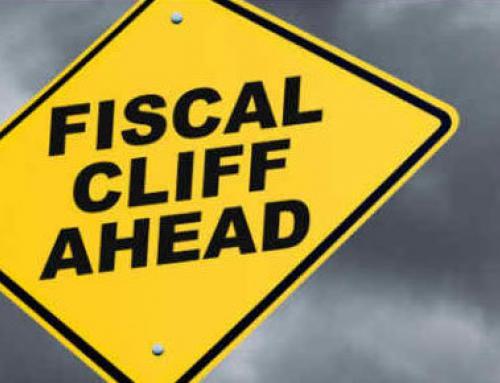Financially and emotionally, going through a short sale or foreclosure can be a difficult time for many people. The last thing you want to have to worry about is how much you will have to pay the IRS for the amount of cancelled debt. A big concern I hear from clients is regarding the amount of money they will owe if they sell their home and the debt is forgiven.
The Mortgage Debt Relief Act of 2007 generally allows you to exclude the amount of forgiven debt from taxable income. This provision is for years 2007-2012 and is up to $2 million of forgiven debt. If congress does not act on this, it will expire at the end of 2012.
Unfortunately, the Mortgage Forgiveness Debt Relief Act does not apply to all forgiven and cancelled debts. It only applies to debts used to buy, build or substantially improve your principal residence, or to refinance debt incurred for those purposes. The debt must also be secured by the home. This means if you refinanced your house and bought a new car, the amount would generally be taxable.
Although you can exclude the forgiveness of debt from your income, you cannot exclude it from reporting it on your tax return. This means that is important to have someone competent in preparing your tax return to make sure the forgiveness of debt is reported correctly to the IRS. Also, if you did buy that new car, and were insolvent at the time the debt was cancelled, you may be able to seek relief of the tax through proving insolvency.
Since everyone’s situation is unique, please feel free to call my office at (702) 675-3524 or e-mail Michael@MichaelJohnsonCPA.com with any questions you may have. I am always here to help people through this tough time and enlighten them on the tax consequences on their short sale or foreclosure.




